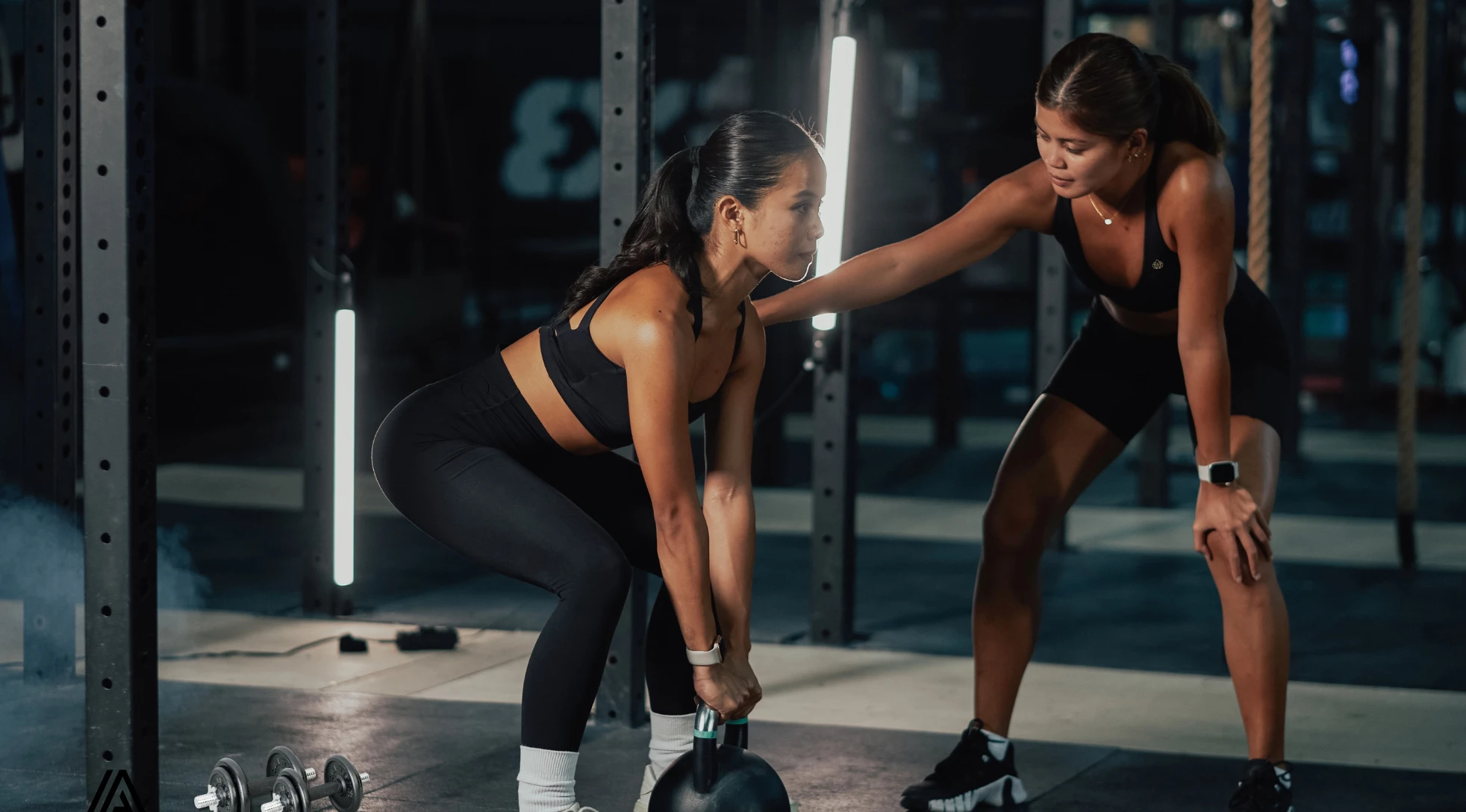AI is now offering unprecedented levels of personalization and customizability
As artificial intelligence (AI) integrates into workout routines, workouts are now offering unprecedented levels of personalization and accessibility. FitnessAI, a platform leveraging AI technology to deliver such customized workouts, is looking ahead to how AI will continue to shape the future of fitness and wellness.
The Rise of AI in Fitness
The fitness industry is abuzz with innovations like AI chatbots, ChatGPT plug-ins, and AI-generated fitness content. While progress is accelerating, Kerri Walsh, COO of Appex Group Inc., which operates FitnessAI, told Athletech News that the industry is still on the cusp of realizing AI’s full potential. “It will likely take another year before AI models reach the sophistication needed to fully meet the growing demands of the fitness industry,” she noted.
One area where AI is already making a significant impact is personalization. “Our app, FitnessAI, provides highly personalized workouts using data from over 6 million users collected over the past 5 years. This level of customization simply wouldn’t be possible without AI,” Walsh explained.
The Future of AI in Wellness
As consumers increasingly expect tailored experiences, AI will be used more for wellness brands. Walsh predicts that as AI technology advances, personalization will deepen, allowing for greater precision in workout plans, nutrition strategies and recovery programs.
“AI tools will enable brands to push the boundaries of personalization,” Walsh noted. “For example, our latest feature, BodyScan, allows users to measure body metrics and track their progress using just an iPhone, offering a scalable, affordable alternative to expensive X-ray-based body measurement methods.”
Balancing Innovation with Privacy
As AI becomes more central to fitness, concerns around data security and privacy loom large. “Data security and privacy are major concerns when implementing AI solutions,” Walsh acknowledged. She emphasized the importance of adhering to strict privacy policies, obtaining clear user consent and being transparent about data use.
“When working with third-party AI services, it’s crucial to ensure data won’t be used or retained for model training without explicit permission. Companies must also stay updated on evolving regulations to protect user privacy effectively,” she added.
The Role of AI in Live Personal Training
Rather than replacing personal trainers, Walsh expects AI to enhance their capabilities. AI can help trainers scale their businesses by processing vast data sets, creating personalized workout plans, and tracking client progress.
“Trainers will continue to provide the human connection and personalized guidance that clients seek. AI will support, not replace, their expertise, allowing them to deliver even greater value,” Walsh explained. FitnessAI’s trainer-led apps already integrate AI to empower trainers, combining the best of human and machine intelligence.
What’s Next for AI in Fitness?
Looking ahead, Walsh envisions even greater integration of AI in fitness, with advancements that make personalized health and wellness accessible to all.
“AI is transforming personal fitness by offering a level of customization that was once only available through high-cost personal training,” Walsh concluded.










